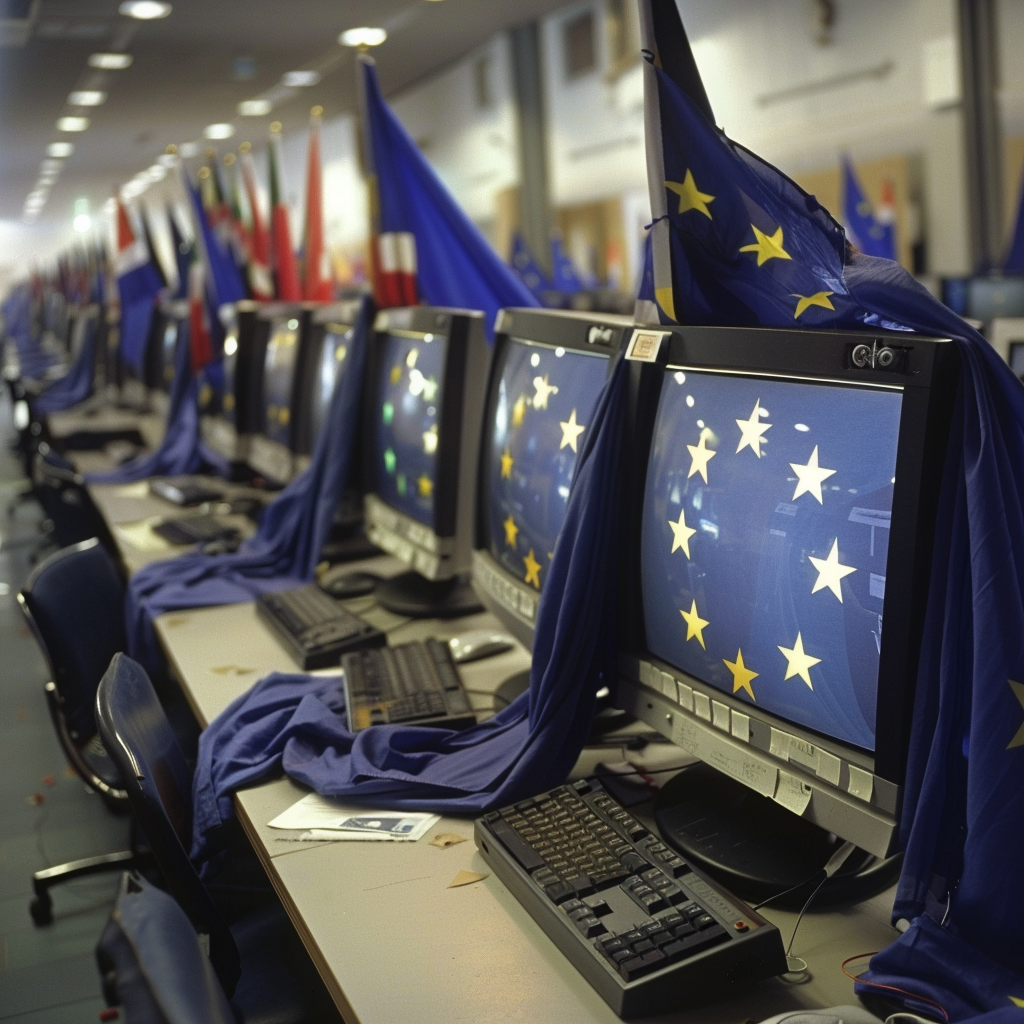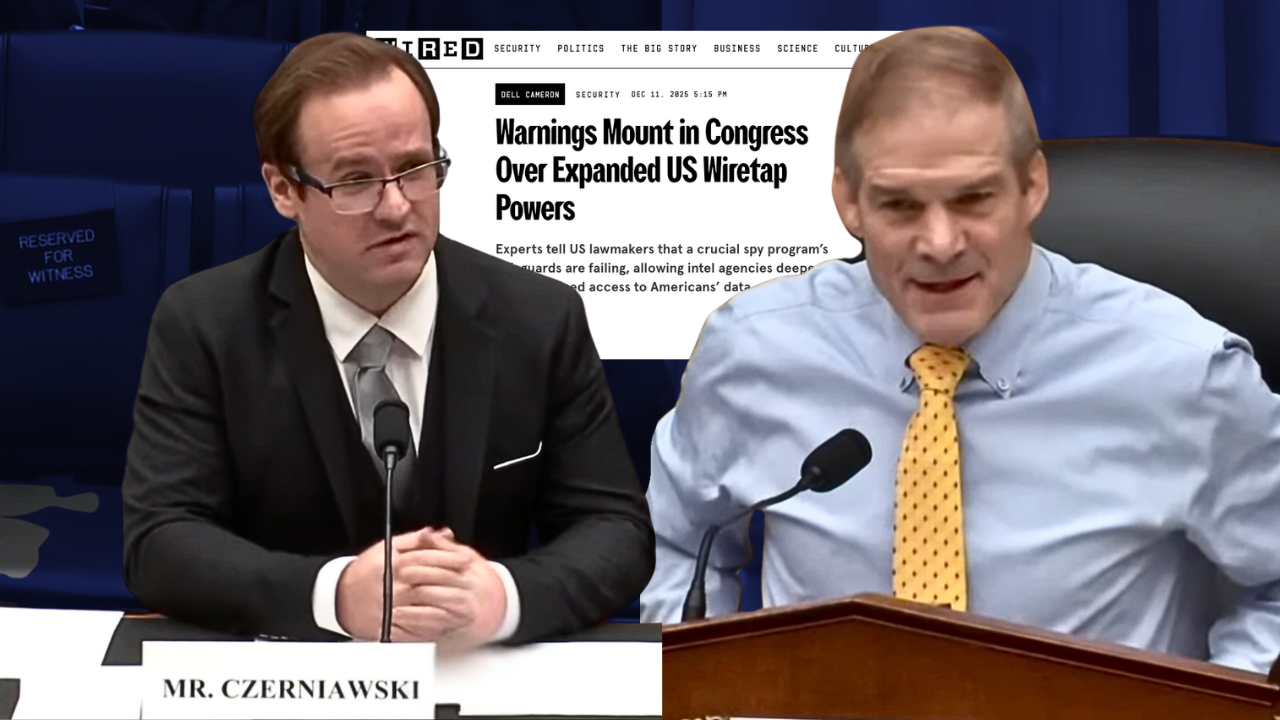In the wake of last week’s EU parliamentary elections, the European Council is wrapping up negotiations in the final proposals of this mandate. Chief among these is a proposed regulation that would mandate the scanning of digital communications to “prevent and combat child sexual abuse”.
While its name is uncontroversial, the devil is in the details. In short, this proposal would end the wide adoption of end-to-end encrypted services that millions have come to enjoy and rely on, what critics call “chat control”.
In the various debates throughout the last week, EU Council members have discussed and debated the various technical features and applicability of this law. The latest inter-institutional file tracking the progress of the regulation demonstrates that many member states have serious concerns about what this law would usher in.
According to leaked documents, a final vote could happen as soon as this Wednesday. The German Pirate Party has provided additional information about how citizens can weigh in on this proposal.

If this regulation is enacted in its current form, newfound powers would grant police the ability to force encryption messaging providers to scan and moderate content in real-time to avoid liability from prosecution.
This means email services, messaging apps, VPNs, company databases, file uploads on secure servers, and much more will be be required to detect and report any image, link, or material related to sexual exploitation, or general crime.
While this may seem like a reasonable political demand, the wide adoption of encryption protocols and their technical function means there would no longer be any secure communications between European citizens.
In addition, there is no guarantee that this newfound ability would not be abused by certain authorities to punish citizens who are otherwise practicing their free speech or using encrypted services to protect their information.
As has been pointed out by Meredith Whittaker, president of the messaging app Signal, there is no technical nor feasible way to comply with this regulation without breaking encryption altogether, rendering the entire point of encryption moot.
This applies to financial information, company intellectual property, family chat groups, and online browser history. In fact, much of the modern Internet relies on encryption to securely and privately transmit data without getting into the hands of hackers and bad actors.
Rather than tasking police agencies in members states with using lawful court orders and warrants to seek out information on matters related to crime, the European Commission would like to technologically implement backdoor systems for encryption. For European consumers who appreciate and benefit from tech innovation, this should be a non-starter.
As I mentioned in my article on EU Tech Loop, ordinary consumer products have implemented encryption protocols to safeguard their users and their information. This has proven to be a marvel of innovation, and has unlocked new capabilities in digital services.
Encryption is not a tool sought by criminals, abusers, and bad actors, but rather a pinnacle part of the modern digital economy, used by hundreds of millions of customers, citizens, and workers to protect their data and secure their communication.
When the various member state leaders meet at the European Council this week and throughout the summer, we hope they will cast dissenting votes to protest against the proposed Chat Control plans.
European citizens should feel empowered to write their own national members of parliament, as well as Members of European Parliament to voice their opposition.
In seeking to undo this regulation, we should reimagine how democratic societies can effectively prevent and prosecute crime without resorting to mass surveillance.




